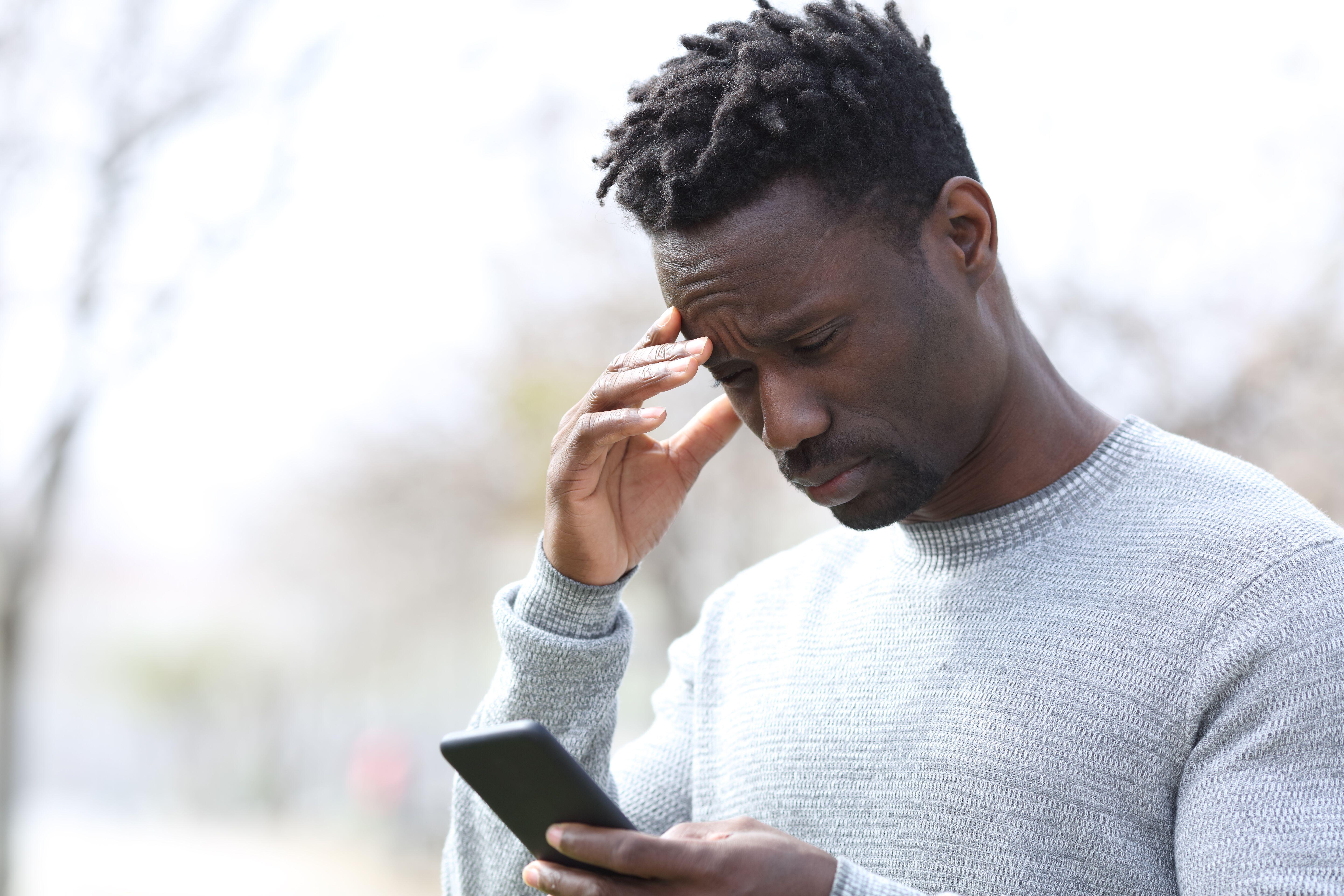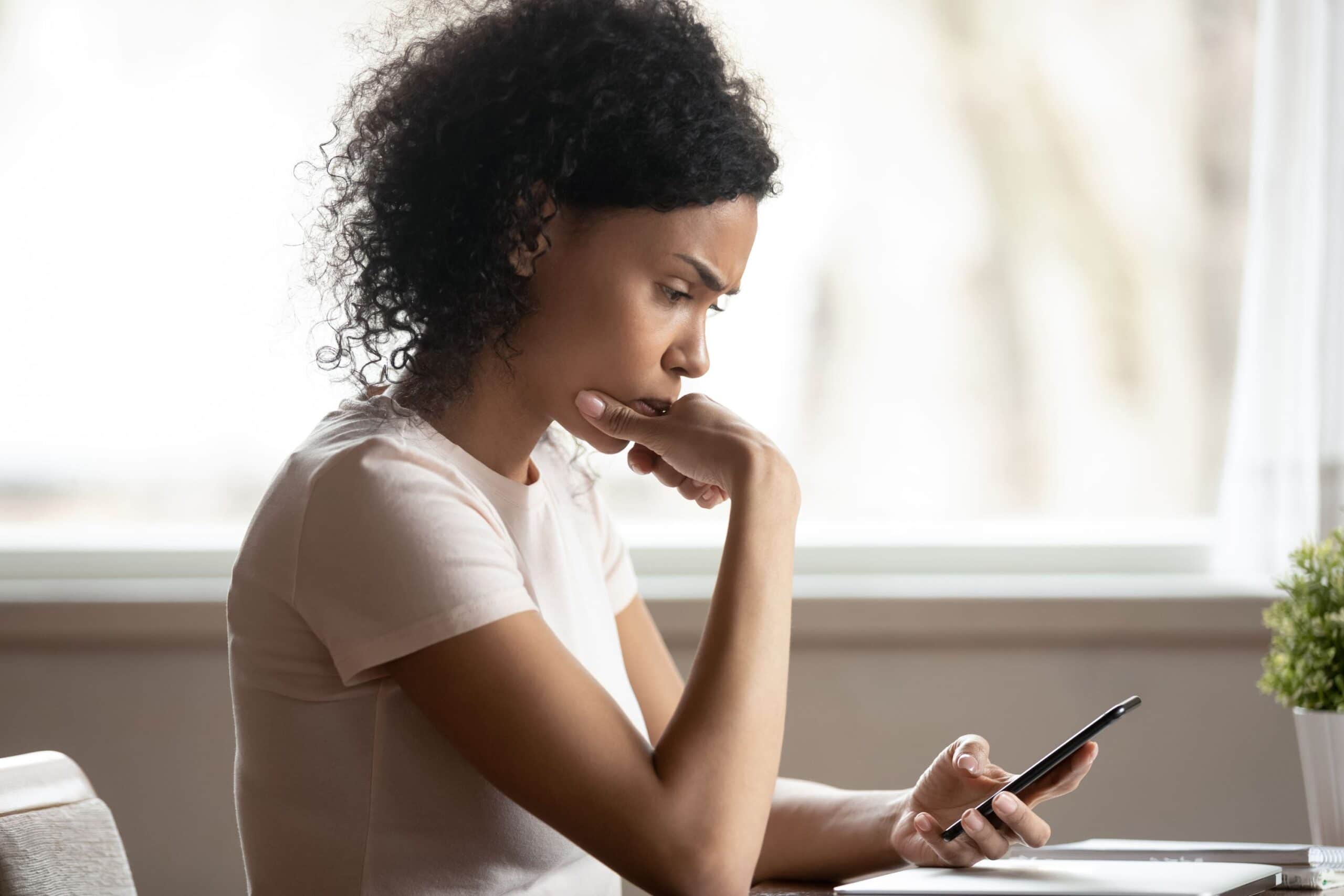
Just when it felt like we could relax and start looking forward to Christmas, the new Covid variant Omicron has crashed into our lives.
And with its unwelcome appearance, has come a renewed sense of uncertainty, memories of last year’s cancelled festivities and a widespread feeling of: How can we face all this again?
Luckily, there are some strategies to try that could help. “Change is now the new certainty,” says Lina Mookerjee, BACP senior accredited psychotherapist from Praxis Therapy, and the best thing you can do is “accept that change is happening”.
She adds: “It’s about developing a self-care strategy in the face of this uncertainty. And it’s how we choose to deal with this through our attitudes and behaviour that makes the difference.”
Assess your emotions

The first step in your self-care strategy should be an emotional inventory because it’s easy to try and ignore what’s going on or distract ourselves with pleasurable activities.
“Develop an awareness of how you’re feeling,” Mookerjee advises. “Are you sad? Are you fearful? Are you angry? Are you anxious?
Recognise your reaction, and then make a decision to do something about the way you’re feeling.”
Say no to stimulants

If anxiety is your primary response, your next step should be “cut down on your stimulants, because that’s what makes it worse,” Mookerjee says.
“You might be going for the caffeine, the nicotine, the alcohol,” she notes. “If you can cut those down or cut them out, that will take such a pressure off your nervous system and you’ll feel better.”
Get moving

Exercise is key for releasing pent up energy and reducing anxiety, even if it’s just a brisk walk.
“Get out and walk – with your mask on – because fresh air can make a huge difference and breathing can make a massive difference,” Mookerjee says. Try to take slow, deep breaths to lower your heart rate and calm your mind.
Seek support
Don’t suffer in silence. Reach out to close friends and family and you’ll likely discover they’re feeling the strain too.
“It’s about using all those strategies that we developed during lockdown – they are key now,” says Mookerjee.
Whether it’s in person, on the phone or online, talking to loved ones can help you feel less alone and stop you ruminating about things you can’t control.
Make contingency plans

As for Christmas itself, don’t be tempted to bury your head in the sand and plough ahead with plans while hoping for the best.
“Reduce your expectations,” Mookerjee says, and come up with fallback options in the event that, for example, travel is restricted.
Maybe that means hosting a smaller group or doing a Zoom party with friends: “Because then you’re not surprised. You’re not going to feel disappointed.”





